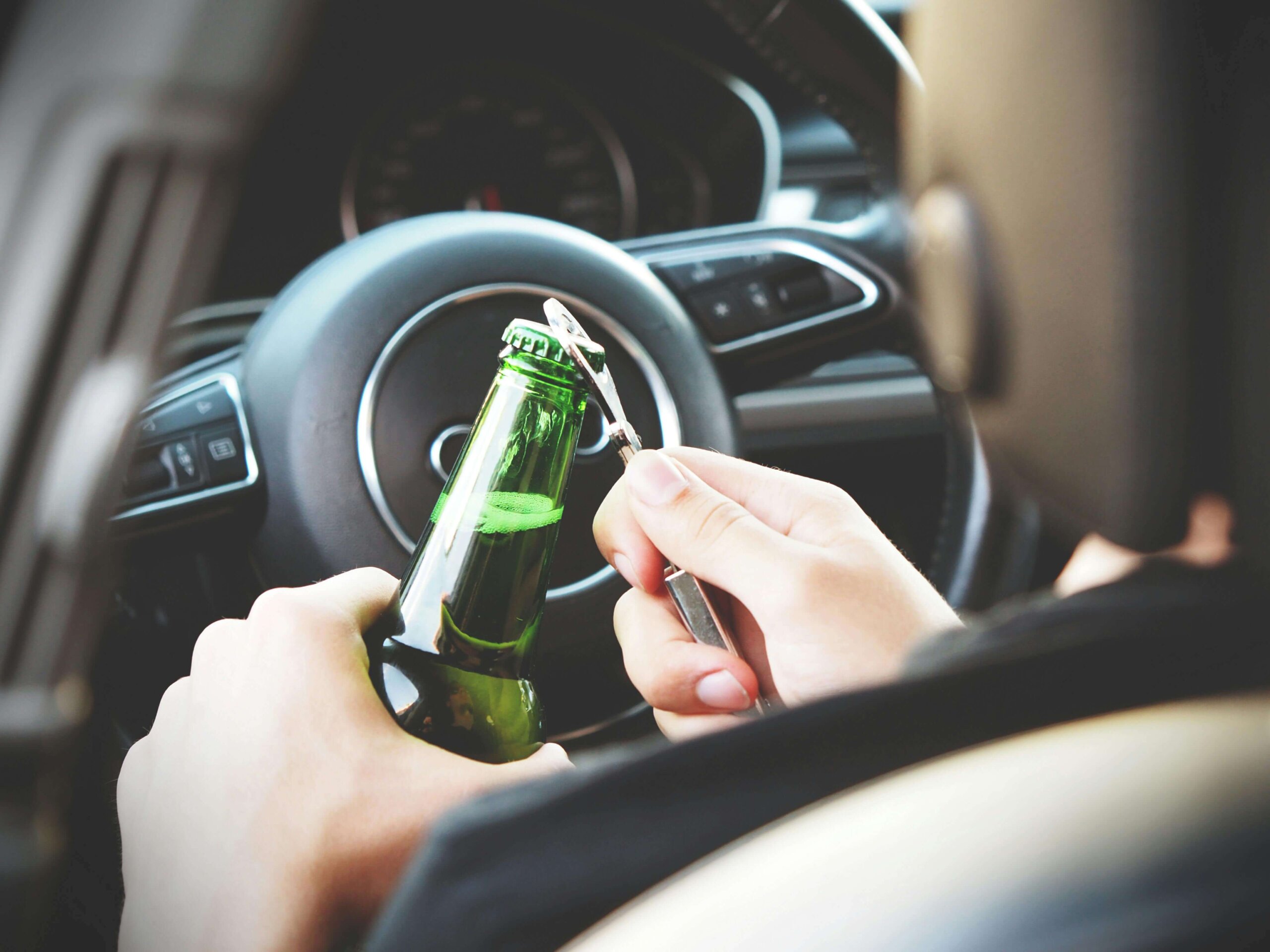Adolescents are on a bridge between childhood and adulthood. They’re at the uncomfortable intersection between being a child, under the influence of parents and teachers, and being an adult, attempting to find a sense of autonomy. And actually, that bridge comprises of three parts: the occupational bridge – teens must figure out what they’ll do regarding work and career; the educational bridge – teens must determine whether to go on to college or not; and the family bridge – teens must work through romantic relationships, possibly get married, and start a family. Teens are attempting to work through these significant challenges.
In fact, Erik Erikson, the developmental psychologist, saw this stage of life as the most pivotal. He described the entire life span as a series of eight stages, each of which are difficult conflicts an individual needs to move through. The successful transition through each stage facilitates the success of future stages in life. The teenager, specifically, is faced with the challenge of finding their unique identity among experiences of role confusion, peer pressure, and family tradition.
In ancient traditions, the elders knew the significance and challenge of this time in life. Typically, an adolescent would participate in a ritual or ceremony that was meant to usher in and welcome them into adulthood. Modern society does not provide this sort of experience for teens. We have a celebratory ceremony for getting married, such as a wedding, and we celebrations for graduating high school or college. But American and most Western societies do not formally recognize the significance of adolescence. Other cultures have adolescent rituals for celebrating their growing maturity such as the quinceanera for females in the Mexican culture and the bar/bat mitzvah for teens in the Jewish tradition.
Sometimes, when societies don’t have a way to formally acknowledge a major transition, such as adolescence, it can feel chaotic for those going through the life stage. And as a result of feeling the tumultuousness of being a teen, some adolescents search for a coping mechanism through alcohol and drugs.
One study performed earlier this year examined the relationship between adolescent alcohol abuse and the presence of adverse outcomes in early adulthood. The research found that there is in fact a relationship between the two that in fact cannot be explained by environment (school or social environment for example) or by genes.
What was significant about this study is that they were able to control the influences of environment and genes to be able to further understand the relationship between teen alcohol abuse and later adverse life circumstances. Prior research has been able to make a strong connection between teen alcohol abuse and difficult life situations. However, by investigating the lives of 3,000 pairs of twins, the factor of genes and family environment could be thoroughly examined.
It might be obvious that teens that exhibit an addiction to alcohol during adolescence might have problems as they transition into and throughout adulthood. However, this research attempted to more deeply understand that relationship. This of course can lead to better prevention strategies regarding teen alcohol and drug use. It can further facilitate parenting by potentially providing caregivers with information that might help prevent alcohol use in their children.
There’s no question that alcohol use is common among teens. Four in five men and women over the age of twelve have tried alcohol at least once, and the number of those who have tried alcohol is 2.5 times the number of those who have experimented with marijuana. Furthermore, every year 3.4 million Americans age 12 and older undergo alcohol abuse treatment or have reported alcohol related problems.
Research such as the one described here might eventually contribute to finding intervention methods that help lower these numbers, reducing the risk for teens and facilitating success in their lives.
Reference:
Alcoholism: Clinical & Experimental Research. (2014, July 17). Adolescent alcohol abuse disrupts transitions into early adulthood. ScienceDaily. Retrieved August 28, 2014 from www.sciencedaily.com/releases/2014/07/140717180456.htm










0 Comments